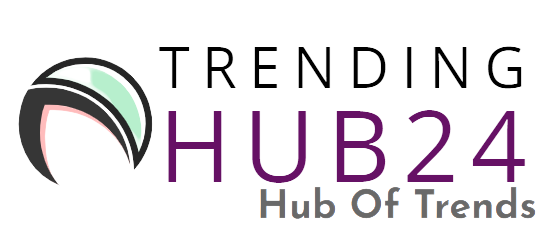🚀 Become a Verified Author on Trending Hub24
✍️ Author Account Available @ $60 / Month | +91 7355993756
Features Of How Much Health Insurance Do I Need

How much health insurance do I need when there are many options.Your age and financial status are the few things that will decide money you need to invest
Table of Contents
How Much Health Insurance Do I Need?
Need a healthy and stress-free life? Then it is the time to take care physically and mentally. To avoid too much money on medical expenses and emergency expenses you can obviously buy insurance. It protects you against the financial consequences of unexpected health issues and gives you access to medical care. But how can you identify how much health insurance do I need when there are so many options, plans, and coverage levels? Your age and financial status are the few things that will decide the money you need to invest. This blog will evaluate your lifetime health insurance needs.
1. What is Health Insurance Basics
Knowing the essentials of health insurance is vital before deciding how much money you need. The best cost-sharing alternatives, including premiums and coinsurance, will be added to each plan. For premiums, you need to pay money each month, and your deductible is the money you must pay out of pocket before your insurer starts to pay.
2. Features Affecting Your Health Insurance Needs
Choosing the costly plan is not the same as identifying how much health insurance do I need. Rather, it is about modifying your coverage to meet your unique needs. Below are the key factors to consider
Age and Life Stage
A 25 year old in good health will need less coverage than a 55 year old managing a chronic condition. If you are reaching retirement age or aim to have children, you may require more complete coverage to account for potential health challenges.
Health Status
You do not need the most extensive coverage if your health is normally good. But, you need a plan that manages your medical expenses if you have a chronic condition like diabetes or asthma or are planning medical procedures like surgery or fertility treatments.
Family and Dependents
If you are buying insurance for dependents such as children or a spouse you must consider their health care needs. You should often take your children for regular checkups, vaccines, and emergency treatment and sometimes partners may require money for certain health concerns or prescriptions.
3. Types of Health Insurance Plans
Below are some of the common health insurance plans to notice:
Health Maintenance Organization
It helps to lower expenses and premiums, but it needs selecting a primary care physician and getting referrals to specialists. Usually it limits you to a network of hospitals and doctors.
Preferred Provider Organization
It offers huge options for healthcare providers and eliminates the need for referrals to see specialists yet, it frequently has higher unexpected expenses and premiums than other schemes.
Exclusive Provider Organization
This plan allows patients to pick from various providers in its network, but it rejects out-of-network care except there is an emergency.
High Deductible Health Plan
You can save tax funds to manage medical costs with this plan, which has lesser premiums and a higher deductible.
Point of Service
This plan combines elements of PPOs and HMOs and it allows you to select your primary care physician while paying extra charges for services provided outside the network.
4. Evaluating How Much Coverage You Need
To estimate how much health insurance you need, ask yourself these key questions:
What is your monthly premium budget?
You can start by identifying how much you can spend to pay each month for insurance. Keep in mind that a higher deductible typically relates to a cheaper premium, and vice versa.
What is your out-of-pocket cost acceptance?
When you get sick or hurt, how much would you be aiming to spend on medical care? If you need a lot of treatment, plans with lower premiums may have higher deductibles which might be expensive.
How much risk are you eager to accept?
If you are healthy and do not expect significant medical costs, you can also save money on premiums by picking a high deductible plan. However, a complete plan with better coverage and a smaller deductible can be a choice if you expect receiving extensive medical care.
Do you have specific healthcare needs?
Find out the plans that offer complete prescription drug coverage and access to experts if you need ongoing treatment, frequent prescriptions, or expert visits.
Final Words
The question of how much health insurance do I need depends on your personal conditions. If you are going to select a plan you should think about your family situation and financial situation. Do not just look at premiums, you must look at the total cost of care, including deductibles and unexpected expenses. One thing you need to remember is that health insurance is not a permanent decision. As your life situations change, so does your health insurance coverage. Make sure you are revising the plan annually to ensure it continues to meet your requirements. Having the right amount of health insurance can help you feel safe and secure. If you know that you are in illness or injury and you are also balancing the costs it will fit your financial situation.

